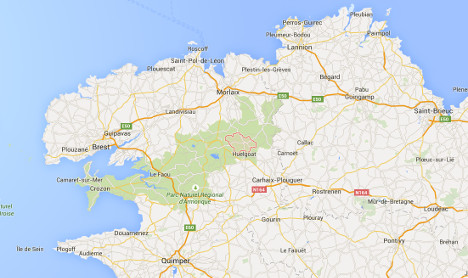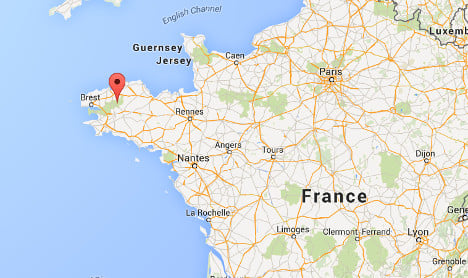
(Could this be your new local church? Photo: GoogleMaps)


The mayor of a tiny, underpopulated village in northwestern France has been inundated with calls from around the world after he decided to sell off land for just €1 per square metre in a bid to attract new villagers.



Member comments